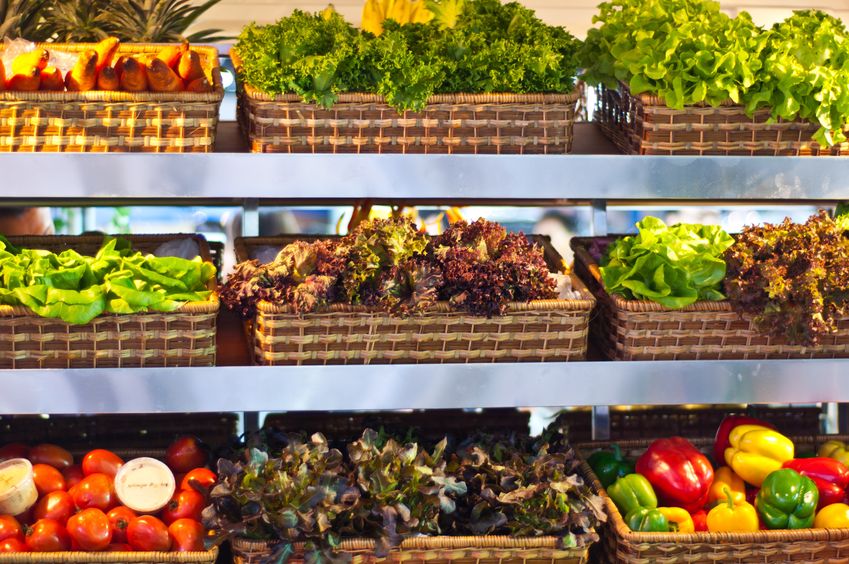
The European Commission has today formally extended for a further year the safety net measures for the European fruit and vegetables sector.
This sector was due to expire at the end of this month, as announced by EU Agriculture Commissioner Phil Hogan at the Council meeting of EU agriculture ministers in March.
The safety net measures were first introduced in 2014 in response to the Russian ban on the import of EU fruit and vegetables and were already extended one year ago.
In confirming the measure, the Commissioner responsible for Agriculture and Rural Development, Phil Hogan said today: "The extension of safety net measures for the fruit and vegetable sector is a concrete demonstration of solidarity by the European Commission with European fruit and vegetable producers, who have been particularly badly-affected by the ongoing Russian ban.
"Since the ban was introduced, the Commission has implemented a series of measures to support producers in a number of sectors, recognising the difficult market situation in which they have found themselves."
Aimed at easing market pressures for the main groups of fruit and vegetables that were previously exported to Russia, the measures available consist of withdrawals of produce for free distribution to charitable organisations and for "other purposes" (such as animal feed, composting, distillation), as well as so-called "non-harvesting" and "green harvesting" measures.
The products covered are tomatoes, carrots, cabbages, sweet peppers, cauliflowers and headed broccoli, cucumbers and gherkins, mushrooms, apples, pears, plums, soft fruit, fresh table grapes, kiwifruit, oranges, clementines, mandarins, lemons, peaches, nectarines, and – new since last year - cherries and persimmons.
The specific levels of support for each product according to the measure taken remain unchanged, and the Annex is updated to reflect the maximum volumes remaining for the different product groups.
These volumes are based on Member State exports to Russia in the 3 years prior to the ban, with an additional quantity of up to 3 000 tonnes for all Member States in order to further stabilise the market.
Today's move extends these measures until 30 June 2017 or, if earlier, until the volumes detailed in the annex have been reached.
According to the notifications from the Member States, up to 31 May 2016 under the measure currently in force more than 323 000 tons have been withdrawn from the market with an estimated cost to the EU budget of around € 112 million.
In the face of the Russian ban, EU farmers have proved to be exceptionally resilient with agri-food exports to third countries having increased by 4% in value compared with the previous year. However, the impact has been uneven across sectors and countries.
